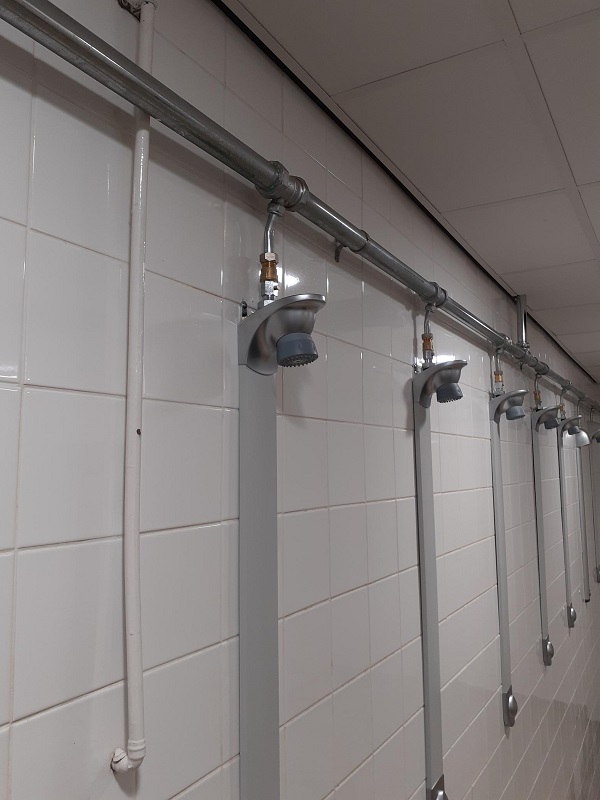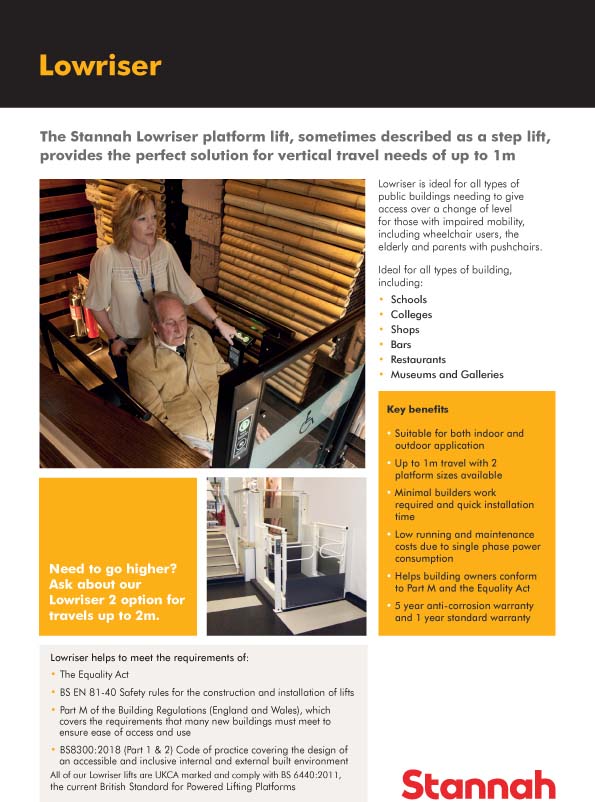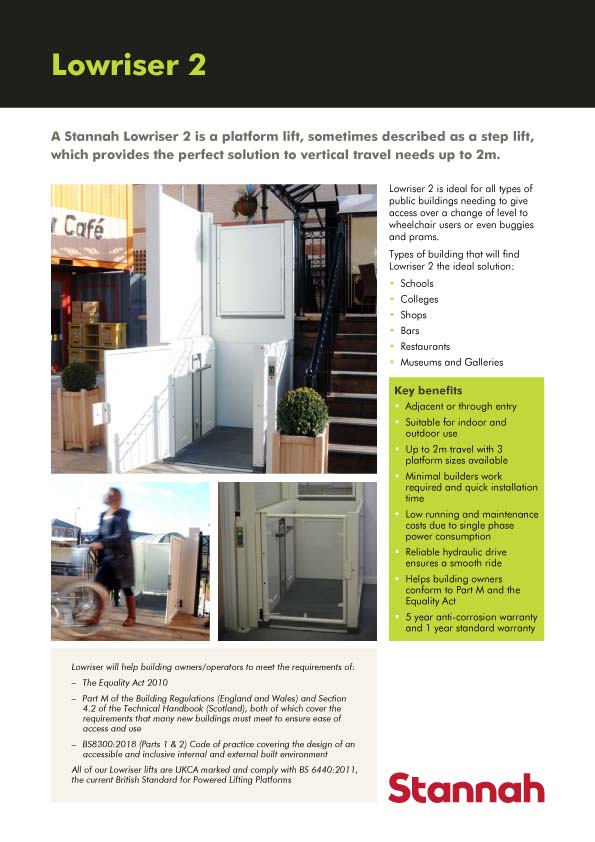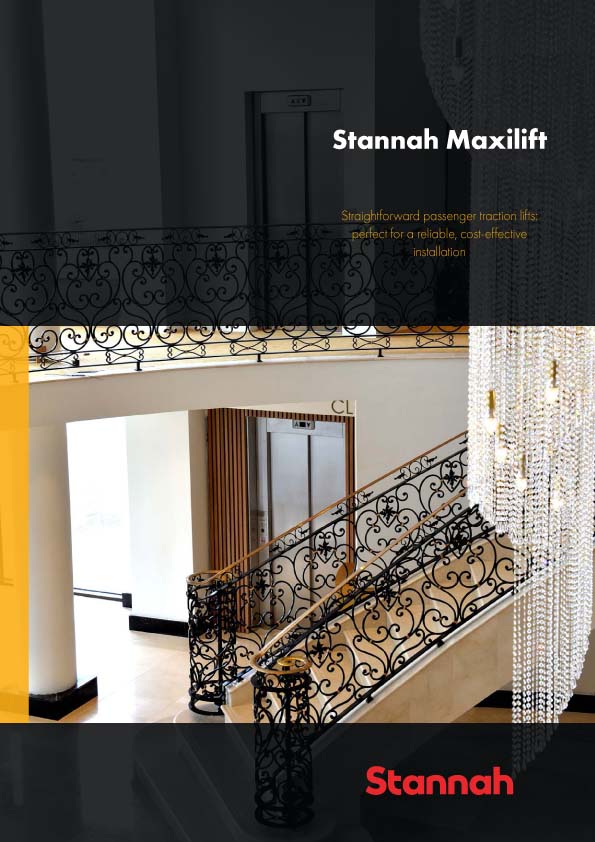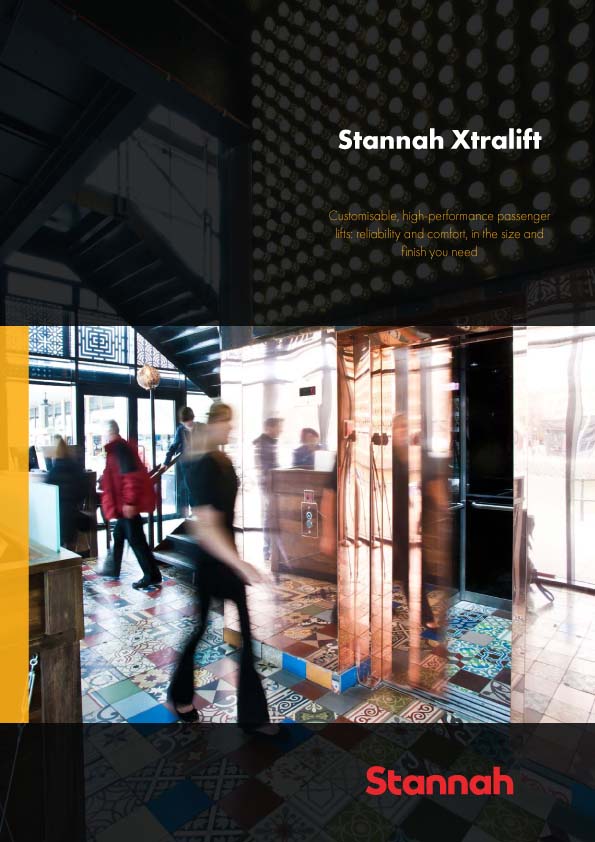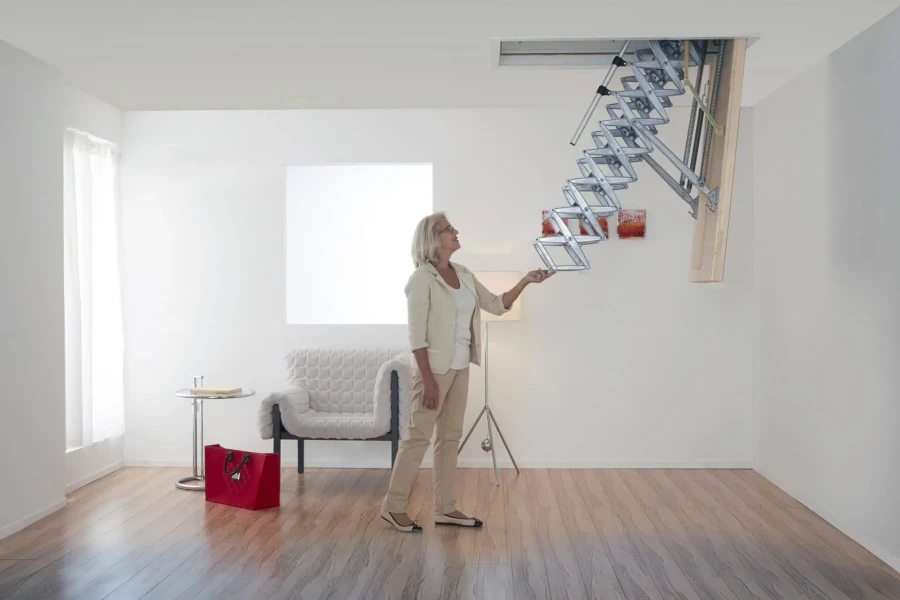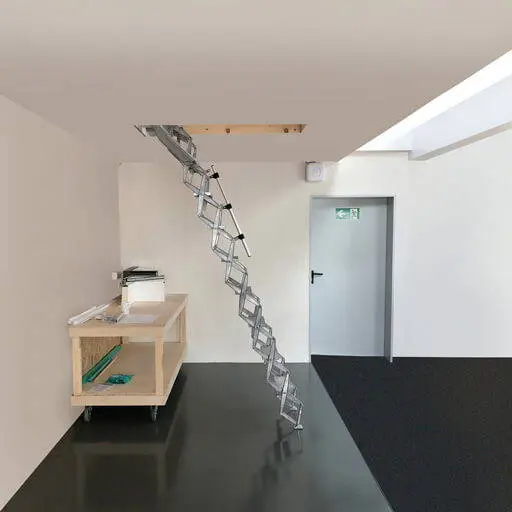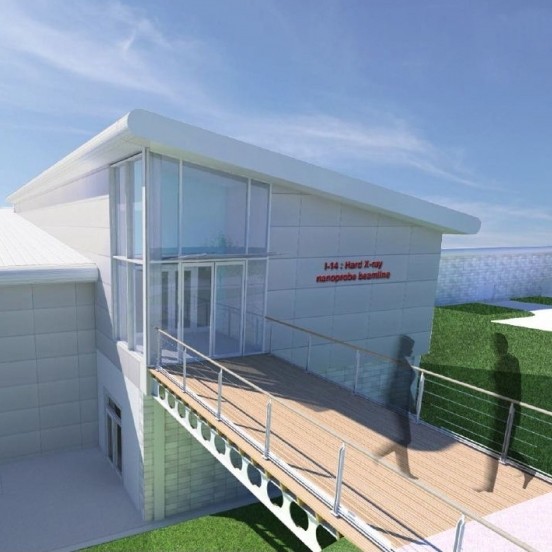
Interserve, the international support services and construction group, has been selected to start work on an £8 million advanced experimental station and electron microscopy facility at Diamond Light Source on the Harwell Oxford Campus in Oxfordshire, which will showcase the company’s expertise in cutting-edge building technology.
Diamond Light Source, the UK’s national synchrotron science facility accelerates electrons to produce bright X-ray light. This light is then fed to 24 experimental stations known as ‘beamlines’ where it is used by scientists to conduct cutting-edge research into numerous areas as diverse as fossils and viruses.
The new facility will use Diamond’s intense X-ray light to power an X-ray nanoprobe: a powerful microscope used to examine materials as small as one billionth of a metre. It will also house a new national facility for high resolution electron microscopy, providing tools to examine materials with ultra high precision, as well as cryo-electron microscopes, which will allow users to see biological samples in atomic detail.
The new experimental facilities are designed to complement the existing facilities at Diamond, which currently attract scientists from all over the world, allowing them to undertake highly complex research that would be impossible in their home labs.
The advanced centre will be at the forefront of its field, and will require significant environmental controls to ensure the accuracy of the scientific data it produces. Particular control is required over temperature variation, acoustic control, vibration and electromagnetic interference. In order to meet these demanding requirements, Interserve will be working at the limits of building construction technology. Examples of this include the construction of high tolerance anti-vibration structural slabs; the use of stringent air tightness and insulation measures to control temperature variation; and the inclusion of austenitic stainless steel reinforcement where required to minimise electromagnetic interference from the building structure.
Interserve’s Project Manager, Andy Meachen, said: “From very early on in the bid process for this project it became clear that Diamond Light Source had an especially high focus on quality. This was reinforced after we had a briefing from the scientists involved, who gave our construction team an insight into what the facility will aim to achieve once fully operational. It is very satisfying that we have the opportunity to contribute to the delivery of what will be a significant scientific research facility for the UK and Europe.”
The construction phase of the project lasts until April 2015. The fit out of the scientific equipment will continue into 2016, when the facility will become operational.
Interserve has just finished excavating thousands of tonnes of earth to reach the required construction level for the facility to channel the X-ray beam produced by the Diamond synchrotron. Piling work is due to start shortly, and the construction of the structural steel frame will follow, along with the isolated reinforced concrete structures of the laboratories.
Photo: Courtesy of Capita.








